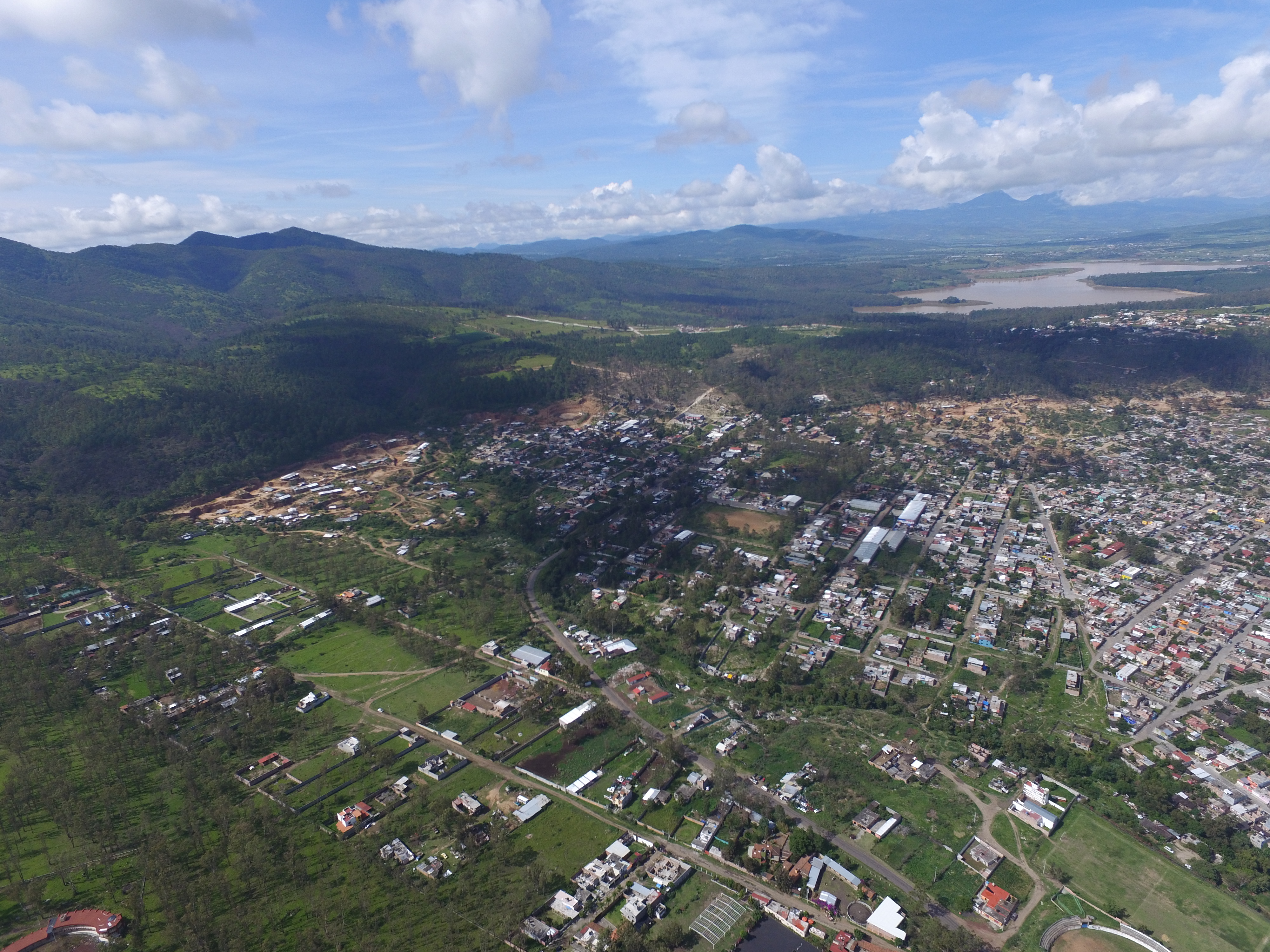CiClim – Climate Protection in the Mexican Urban Policy
Current situation: Cities are accountable for climate change, but they are also part of the solution.
Mexican cities have grown rapidly over the last years, and the way they have developed affects the quality of life of their inhabitants. Currently, 78% of the Mexican population lives in cities, a share that will keep on growing in the next years. Traffic, floods, loss of green areas, and daily long-distance commuting are some of the consequences of poor and inadequate planning. Cities are suffering from the consequences of climate change and at the same time causing 70% of greenhouse gas emissions. Therefore, they play an important role to tackle climate change and its effects, as well as to ensure that Mexico meets its international commitments, such as the goals of the Agenda 2030 for Sustainable Development.

Our approach: Transforming cities to tackle climate change.
The Deutsche Gesellschaft für Internationale Zusammenarbeit (GIZ) GmbH seeks to improve the planning of Mexican cities through CiClim, the Program for Climate Protection in Mexican Urban Policy. The program is implemented on behalf of the German Federal Ministry for the Environment, Nature Conservation and Nuclear Safety (BMU), as part of the International Climate Initiative (IKI).
CiClim cooperates with the Secretariat of Agrarian, Land and Urban Development (SEDATU), the Secretariat of Environment and Natural Resources (SEMARNAT), and five local governments –Hermosillo, León, Mérida, Morelia y Tlaquepaque– to promote an urban development that protects both the environment and their citizens.
Improving urban planning
The project seeks to build cities that are more humane, habitable, green, and able to face the challenges raised by climate change. For this reason, GIZ provides technical advice and strategic support for the integrated development of cities. To achieve this, the coordination among the different levels of governments is being fostered in order to strengthen alliances and combine isolated efforts towards innovative solutions in view of urban growth.
The project partners develop strategies to reduce the gas emissions producing climate change, and improve adaptation to extreme events as torrential rainfall, among others. The cross-sectoral coordination promotes the mainstreaming of climate change in federal policies and programs within the urban and environmental sector.
Developing local solutions for global challenges
Along with SEDATU and SEMARNAT, civil society organizations, academia, and international organizations, GIZ defined a roadmap to guide the implementation of green infrastructure projects in Mexican cities. Further information click here.
Locally, CiClim developed urban, environmental, and mobility projects targeting the particular needs of the five Mexican partner cities. Among the program activities are: the identification of housing areas with the potential to increase their density for a more compact growth; support for the development of integrated sustainable mobility plans; promotion of active mobility and quality public transport; as well as the incorporation of the economic and social value of green areas into urban planning.
Providing tools for learning
Through the cooperation with federal, state, and metropolitan partners, CiClim promotes the transfer of expertise to other cities in order to replicate good practices. Events such as the Green Infrastructure and Climate Change Forum are enhancing this exchange. Moreover, the capacity training of more than 100 civil servants and members of civil society contributes to improving the design of better connected, safer, and greener streets.
Expected results
CiClim aims at:
- Designing compact cities, where people’s homes are better connected with their places of work, schools, public spaces, and green areas.
- Improving mobility planning, so that people have better access to comfortable, reliable, and quality public transport.
- Fostering the creation and access to adequate infrastructure, as cycle lanes and safe sidewalks for people to get around.
- Conserving biodiversity in cities and their outskirts, so that future generations can rely on good water and air quality for a decent life.
- Strengthening the capacities of decision makers to create better designed local solutions.
Twitter: @ciudades_demx
